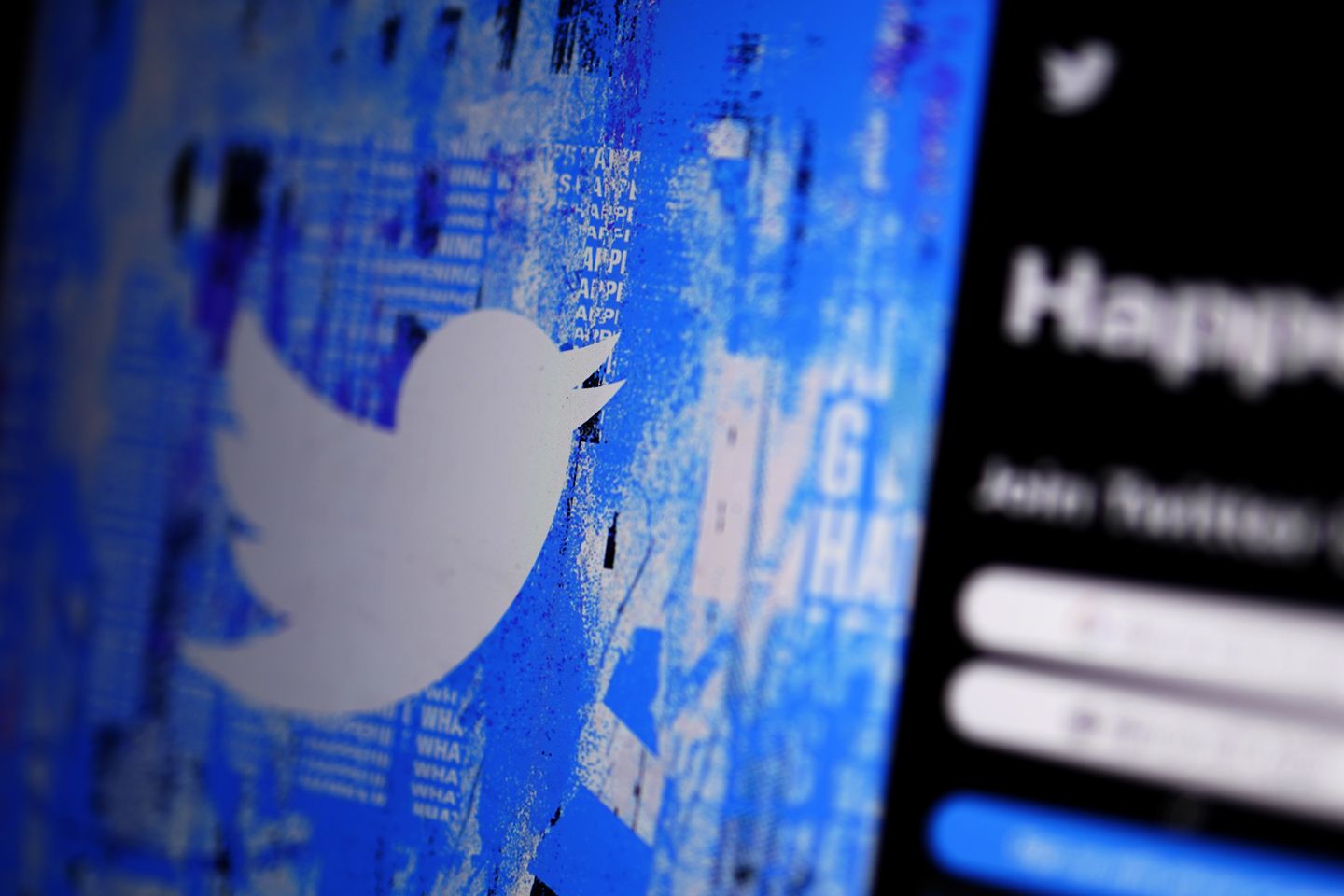
Twitter saw a record number of legal demands for information on users’ accounts last year, including a spike in government demands that targeted verified news publishers and journalists.
The social media platform’s “20th Transparency Report” showed that nearly 200,000 accounts faced legal demands from July through December 2021. Demands from governments against journalists and news outlets rose 103% compared to January-June 2021.
The report said 349 accounts of verified journalists and news outlets around the world were subject to 326 legal demands, one of which came from the U.S.
“We continue to see a concerning trend toward attempts to limit global press freedom, with an increase in government legal demands targeting journalists, as well as an overall increasing number of legal demands on accounts — both represent record highs since reporting began,” Twitter said in a statement accompanying the report.
Meanwhile, the U.S. accounted for a greater percentage of government information requests than any other country, with the FBI, Justice Department and Secret Service leading the charge.
Government requests in the U.S. accounted for 20% of all such requests for account information. The second-largest amount of requests came from India, representing 19%. The country making the most legal demands for user information was Japan, followed by Russia, the report said.
The company said it complied with a portion or all of the U.S. government requests in 69% of the cases and it objected to 29 civil requests. The civil requests were efforts to “unmask” the identities of anonymous speakers.
“Twitter often receives non-government information requests to disclose account information of anonymous or pseudonymous Twitter users (i.e., requests to “unmask” the identity of the user),” Twitter said in its report. “Twitter frequently objects to such requests, particularly in the U.S.”
Twitter said it prevailed in one case and another legal dispute is pending.
Among the types of requests that Twitter fielded included subpoenas, court orders and search warrants. Subpoenas represented the most common form of legal process demands, followed by search warrants.
The court orders included such things as “pen register/trap and trace orders,” (PRTT) which allow the government to obtain data for a specified account for up to 60 days.
“PRTT orders may require Twitter to disclose IP address records and transactional information (i.e., the non-content portion of communications such as the “from,” “to,” and “date” fields),” Twitter said in its report. “Twitter is prohibited from notifying affected users about the existence of PRTT orders until otherwise authorized by the court, pursuant to the PRTT statute.”
Ten percent of court orders received by Twitter were those types of orders. Twitter said most court orders are “2703(d) court orders,” which grants a government the power to compel an electronic communication services provider to hand over subscriber information, according to the Electronic Privacy Information Center.
Twitter said it had not received any valid criminal wiretap order as of the Thursday publication of its report.
“Twitter has received orders purportedly requiring such real-time surveillance, but these orders were not issued in compliance with the requirements of the Wiretap Act and therefore Twitter did not comply with the request,” the company said in the report.
Individual states also made requests to Twitter, with California and New York the top states for local and statewide government requests, and the District of Columbia the hub for federal information requests.
Governments made preservation requests which rose 10% over the previous reporting period. The U.S. government made more preservation requests than its peers, meaning it asked Twitter to temporarily save information that may be of use for an investigation.
Users are often unaware when governments requests are made about their accounts. The company said 54.8% of requests are categorized as “under seal,” while 38.8% were not under seal but Twitter declined to provide notice to users. The social media site notified users about requests 6.5% of the time.